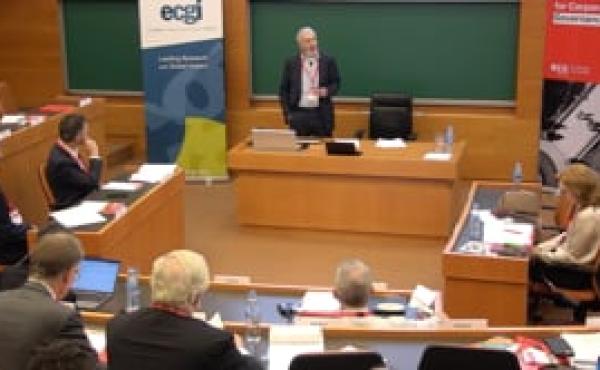Corporate Governance Through Voice and Exit
Abstract
How do active managers engage with portfolio firms? And, what role does monitoring and engagement play in their trading decisions? We use proprietary data from a large UK active asset manager with a long-standing commitment to stewardship to answer these questions. Our sample, based on nine years of daily data, provides a detailed picture of how fund managers’ decisions are influenced by monitoring target firms, especially through private engagements. Internal analysts and a centralised stewardship team monitor the board and management and place portfolio companies on a watch list when there are governance or other concerns. The asset manager engages more intensively with the watch list, abstaining or voting against management proposals in a third of meetings. More intensive engagement and negative votes against are associated with internal analyst downgrades and with exit by fund managers. We provide evidence that monitoring and engagement generate information advantages, which in turn contribute to alpha. Our results provide strong support for voice influencing exit.













